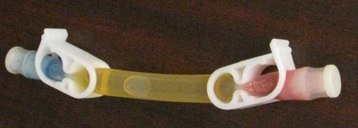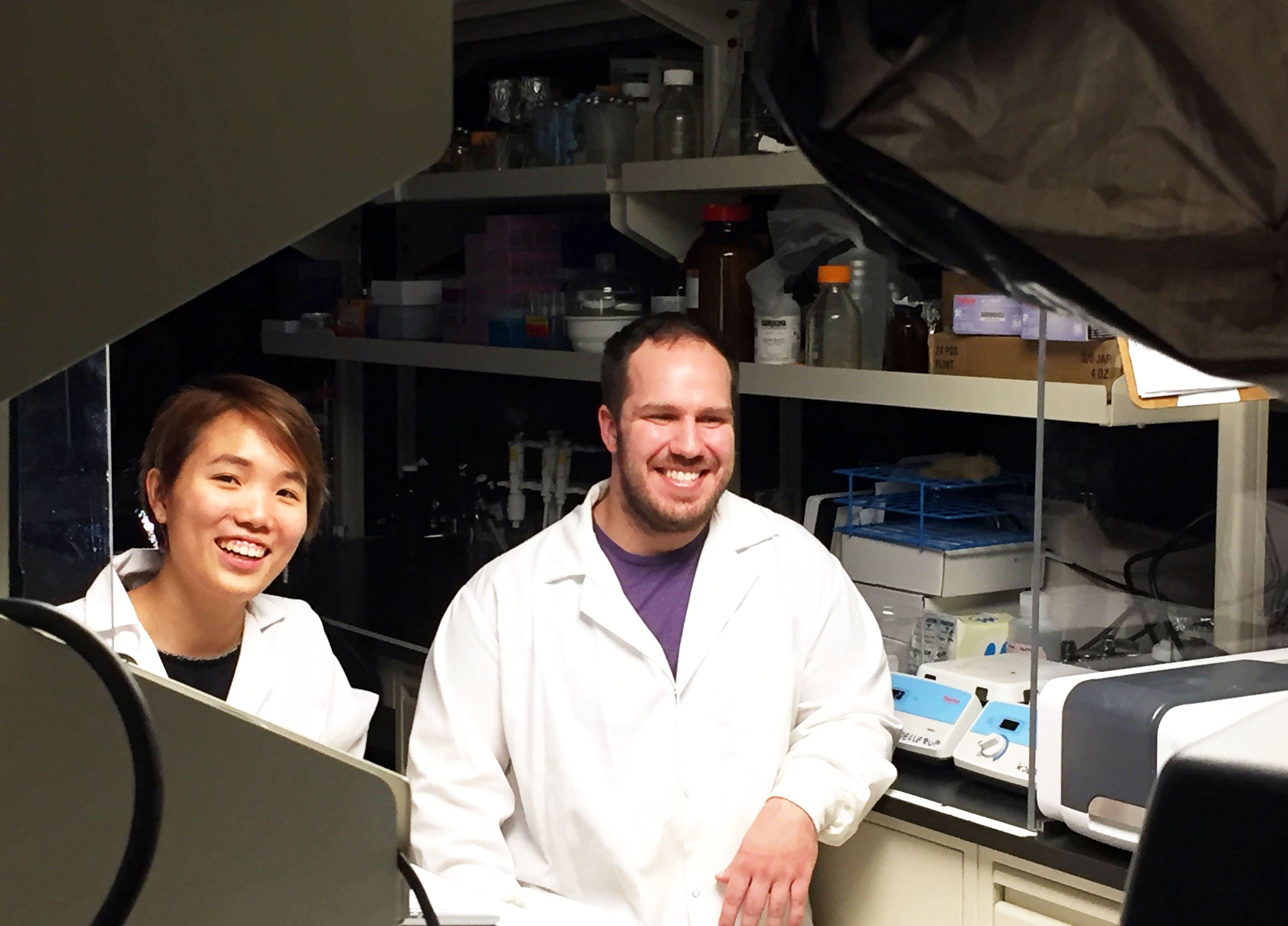Get UMD Biofilms on the next Space-X
We have a guaranteed spot on SpaceX CRS-12 (SpaceX-12: Falcon 9 rocket, Dragon spacecraft) to the International Space Station, due to being the finalist team in UMD's SSEP Mission 11. However, it is our responsibility to purchase the materials that we will send to space, and also to cover the costs associated with analysis. Your donations will:
-
Help us purchase all of the materials necessary for our experiment, including bacteria, reagents and other materials.
-
Expand our post experimental analysis when our experiment returns to Earth.
-
Help give us more resources to work towards a published journal article.
-
Help us attend the rocket launch of our experiment in Florida.
Our Team
In Fall 2016, we competed against 9 other teams in University of Maryland's Student Spaceflight Experiments Program (SSEP), Mission 11 to the International Space Station (ISS). Our experiment was selected to be sent to the ISS to explore the effect of microgravity on biofilms. Now we need your help to obtain the materials that we will send to space and to perform analysis once our experiment returns to Earth.
Why Biofilms?
We are interested in understanding how microgravity affects the growth of biofilms, which are accumulations of bacteria that can adhere to surfaces. Common biofilms are dental plaque, bacteria buildup on medical implants, and bacteria that attach to metallic pipes. These accumulations can cause disease or corrosion of industrial equipment. But biofilms can also be good, for example when used for wastewater treatment.
Previous research from NASA has demonstrated that the lack of physical stresses in microgravity enhances biofilm formation compared to Earth conditions. This phenomenon is not well understood and no research has so far proven a way to prevent this behavior.
Successful long-term human space travel will require that we understand how biofilms behave in microgravity so that we can better combat the harmful (and better harness the beneficial) aspects of these ubiquitous biological structures.
Our Experiment
For our experiment, we will be sending a multi-chamber tube to the International Space Station in Summer 2017 on SpaceX-12. One compartment will contain Pseudomonas aeruginosa, a bacterium that's commonly used to study biofilms. A second compartment will contain a silver-based antimicrobial silicone slide. In space, the two compartments will be mixed, which means that P. aeruginosa will be exposed to the silicone slide only in microgravity conditions. After ~4 weeks in space, the tube will come back to us for analysis.

Under normal Earth conditions, silver-based antimicrobial silicone has been shown to reduce P. aeruginosa biofilm formation by 95%. Our goal is to observe how silver-based antimicrobial silicone performs under low-shear conditions that are experienced in space. We hope this can help us understand the mechanism of biofilm inhibition by silver and evaluate its potential use in medical implants.
Our project will not only provide additional data into biofilm behavior, but also expand on current research - tackling the problem of reducing biofilm formation. In addition to seeing how biofilms behave in space, we take advantage of the microgravity environment to model certain parts of the human body that have low-shear conditions. It is imperative to understand how these low-shear conditions can affect biofilm growth and its prevention when surgical implants are used.
We thank you for you support; be it in sharing this project or with donations!
Gifts in support of the University of Maryland are accepted and managed by the University of Maryland College Park Foundation, Inc., an affiliated 501(c)(3) organization authorized by the Board of Regents. Contributions to the University of Maryland are tax deductible as allowed by law. Please see your tax advisor for details.

$50
Mission Specialist
Fifty dollars will allow us to purchase Glutaraldehyde fixative
$70
Flight Engineer
Seventy dollars will allow us to purchase freeze dried Pseudomonas aeruginosa
$80
Science Officer
Eighty dollars will allow us to purchase Tryptic Soy Broth for our culture media
$100
Lunar Module Pilot
One hundred dollars allows us to purchase entrance tickets to tour the Kennedy Space Center and other logistical necessities
$150
Payload Commander
One hundred and fifty dollars will allow us to purchase a FilmTracer™ SYPRO® Ruby Biofilm Matrix Stain
$300
Command Module Pilot
Three hundred dollars will allow us to attend the launch on Space X-12 in Florida. We will acknowledge your contribution by name in posters, presentations, and journal publications associated with this project
$600
Commander
Six hundred dollars will not only fund our transportation to Florida for the launch but also a FilmTracer™ LIVE⁄DEAD Biofilm Viability kit. We will acknowledge your contribution by name in posters, presentation, and journal publications associated with this project.


